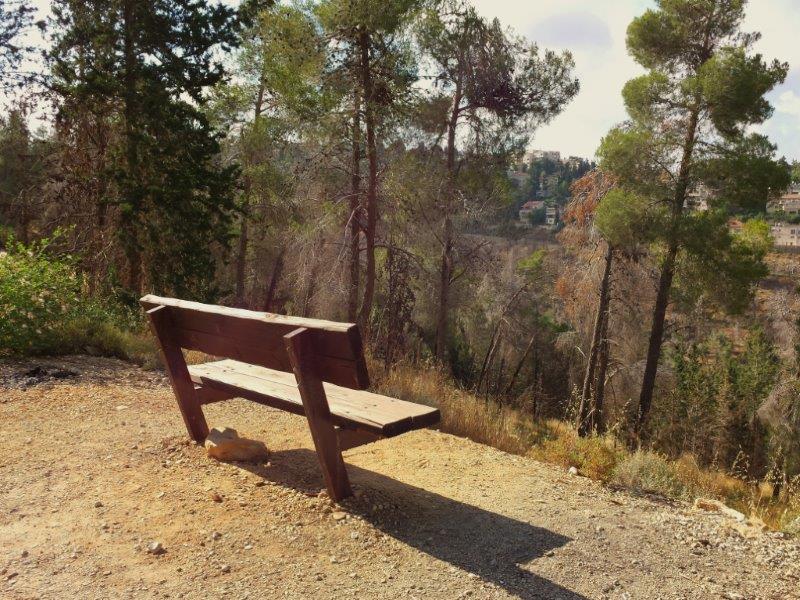
When I asked more about this emphasis on keeping things private, Bashar shared that he was taught to be private from his earliest years. He recalled a story told to him by his mother in his childhood in which a boy from his family in Gaza was given a ride home on a donkey. The person giving the boy a ride tried to find out more about him, but throughout the ride, the child kept silent and did not share a thing about himself or his family. The story was told as a good example that one should not disclose personal information even if under pressure. It seems that Bashar experiences fewer issues personal than I do, but what is personal for him is also private. This – from my perspective, enhanced – emphasis on privacy may be a logical result of being continuously in groups. In the last four years, Bashar has become less private, since he realized that people – like me – expect him to share more, but I still experience him as a relatively “closed” person.
We may see the dissimilarities between us on the issue of privacy in our respective attitudes to the event described above. In Bashar’s understanding, the whole incident was something to be kept private. He did not share with me what actually had happened until weeks later, after I read to him an initial version of the story. Perhaps men do not share that much, but I was socialized in the Netherlands in which differences between the behaviors of men and women are not that large, and afterwards among psychologists, for whom sharing is essential. From my point of view, it would be obvious to share details of an ongoing crisis immediately. Again, from my point of view, the story as a whole was so interesting that it was highly tempting to share it with my friends and make it public. More points of cultural difference that can be learned from this story will be discussed later.
My experience of “perceptions of friendship”
The challenges for me in this field were primarily emotional and cognitive, and to lesser extent behavioral. It took me quite some time to adjust to this different idea of friendship, the expectations to help instrumentally, the lower emphasis on emotional support, and the lack of privacy. In particular, in the beginning of our acquaintance things related to the dissimilar perception of friendship would surprise and often upset me. I would be frustrated when Bashar was not there for me emotionally, but also when he would not share with me important and/or emotional events in his life. At the same time, my instrumental support to him and his family were at times essential and a way for me to feel significant. In later stages, I would sometimes still be disappointed, like when I would visit him and had expected to be with him alone, but found him to be in the presence of other acquaintances.
For me, the feeling of “togetherness” in a friendship is at least partially based on being just with the particular friend. When I would confront Bashar with my frustration, he freed time to talk with me personally. At these occasions, he would usually be highly sensitive to my needs and say exactly the kind of things that I would like to hear at that specific moment. This ability I experienced as crucial in keeping us together as friends. Although I find being continuously in a group overwhelming, I came to enjoy the kind of togetherness felt in Bedouin life, which is so different from the individualism on which I was raised. Thus, I experienced it as heartwarming when people I hardly knew would invite me for coffee or tea. At some points, I even felt envy as an outsider and upset for not being invited to certain social events. The different attitude between us regarding privacy was not that obvious and at times confusing. This is especially so, since I may consider more things personal, but even if personal I may discuss them in the presence of others. At the same time, I expect that these others will respect my privacy and keep for themselves what I told them. This may be realistic to expect in an individualistic environment, but not necessarily appropriate in Bedouin life, in which rumors spread easily and information that leaked out of the private sphere becomes public property.







